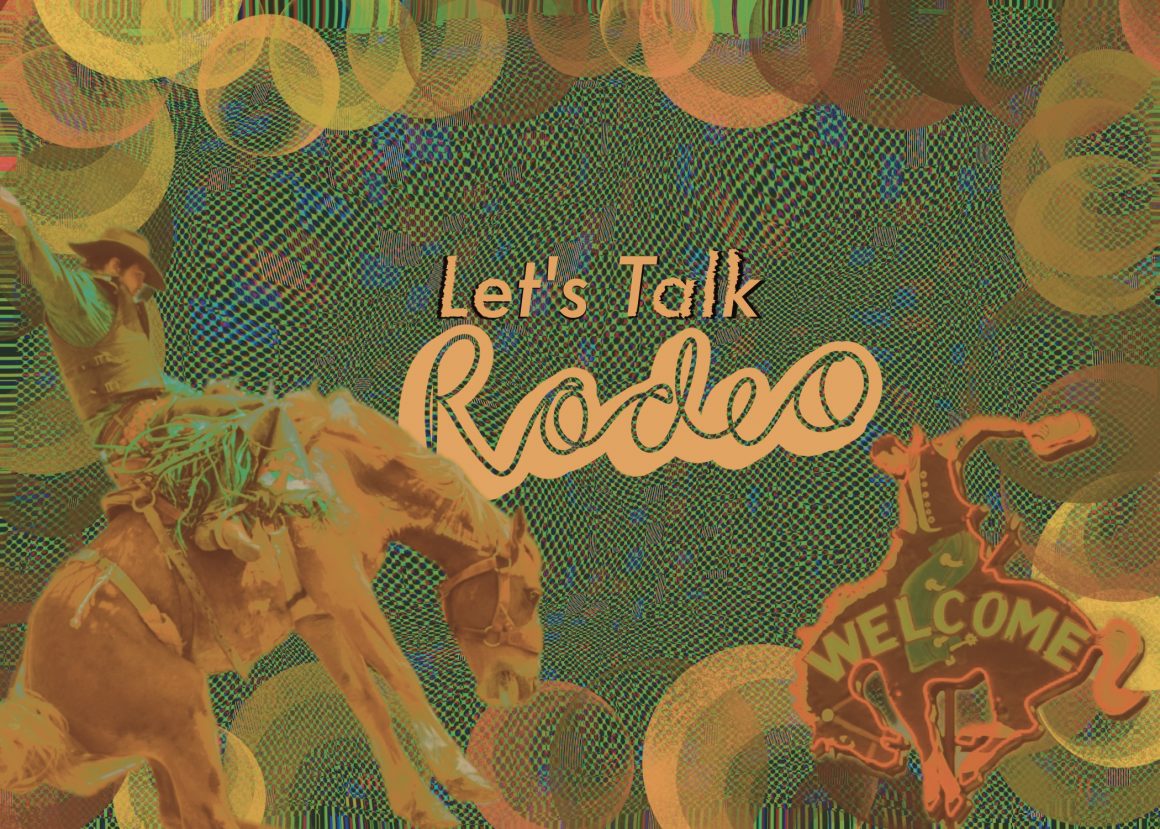
Stampede or slaughter? The ethical dilemma of the rodeo
By Josie Simon, July 4 2024—
As the 2024 Calgary Stampede approaches, it finds itself at the centre of an intensifying debate over animal welfare in rodeo entertainment. The Stampede has been a cornerstone of Calgary’s identity for over a century, drawing millions of visitors and generating substantial economic benefits. However, beneath the veneer of cowboy hats and country music lies a contentious issue that grows more pressing with each passing year: the treatment of animals in rodeo events.
The Stampede’s rodeo events, including bull riding, tie-down roping and barrel racing, have long been the heart of the festivities. Organizers proudly tout the calibre of both human and animal athletes, promising six rodeo events, 10 days of action, and $1.85 million in prize money. For many, these showcases of skill and grit are an essential part of Western heritage, a living connection to the pioneering spirit of the Old West.
However, as our understanding of animal cognition and welfare evolves, so does public sentiment regarding the use of animals for entertainment. Animal rights organizations, led by groups like the Vancouver Humane Society (VHS), have been campaigning tirelessly to raise awareness about the potential harm and stress inflicted on animals during rodeo events.
The VHS has been particularly active in the lead-up to the 2024 Stampede, launching billboard campaigns across Calgary to highlight the ethical concerns surrounding rodeo events. Their efforts have been bolstered by recent polling data that suggests a significant shift in public opinion. According to a survey commissioned by the VHS, more than half of Albertans now disagree with the use of animals in steer wrestling (54 per cent), calf roping (51 per cent), and bronc riding (51 per cent). These numbers indicate a growing discomfort with traditional rodeo practices, even in the heart of Canada’s cowboy country.
One of the most controversial aspects of the Stampede is the chuckwagon races. Since 1986, more than 70 horses have died during this event, sparking outrage among animal welfare advocates. While Stampede organizers have implemented various safety measures over the years, critics argue that the inherent risks to the horses are too high for what is essentially an entertainment spectacle.
There are also significant concerns about the psychological impact of rodeo events on the animals involved. Dr. Temple Grandin, a renowned animal behaviourist, has noted that fear can be even more detrimental to animals than physical pain. This raises questions about the stress experienced by calves during roping events or the anxiety bulls feel before riding competitions.
Proponents of the Stampede often point to the event’s Code of Show Ring Ethics as evidence of their commitment to animal welfare. This code emphasizes the importance of animal care and outlines strict guidelines for treating livestock during the event. However, critics argue that even with these guidelines, the fundamental nature of rodeo events is inherently stressful and potentially harmful to the animals involved.
The controversy extends beyond the arena, raising broader ethical questions about human-animal relationships in modern society. Growing awareness of animal sentience and emotional complexity has led many to question the appropriateness of using animals for entertainment, particularly when it risks causing distress or injury.
This shift in public sentiment is reflected in the growing opposition to government funding for rodeo events. The VHS-commissioned poll found that over half of Calgarians oppose using taxpayer dollars to support rodeo activities. This presents a significant challenge for Stampede organizers, who have long relied on public funding to help stage the massive event.
At the same time, the economic impact of the Stampede cannot be overlooked. With over 1.4 million visitors expected and revenues projected to exceed $150 million, the event is a significant driver of Calgary’s economy. Supporters argue that this economic boost, coupled with preserving cultural traditions, justifies the continuation of all Stampede events, including those involving animals.
However, economic benefits may not justify practices that raise ethical concerns as society evolves. The debate reflects a global conversation about animals in entertainment, with circuses phasing out animal acts and rodeos lagging behind due to cultural roots.
A turning point approaches for the Stampede as it considers whether to adapt to changing values or stick with controversial practices. Options include phasing out problematic events, diversifying the attraction with non-animal activities, and partnering with experts to find humane ways to showcase traditional skills.
The world watches as Calgary navigates animal welfare in the 21st century, potentially setting new standards for rodeos and balancing tradition, entertainment and ethics.
This article is a part of our Opinions section and does not necessarily reflect the views of the Gauntlet editorial board.
